

Welcome to a fresh week! 
Once again, the stifling effect of regulation on innovation is evident. India’s former unicorn, Hike, which transitioned from instant messaging to real-money gaming, ceased operations last weekend after a new law banned online gaming startups under the pretext of combating gambling.
It has always puzzled me that games requiring skill are often grouped with those based purely on luck. This flawed perspective also shadows the Web3 ecosystem, where many promising ventures remain hidden, wary of regulatory misclassification. Meanwhile, in the United States, specialized gaming and prediction platforms like Polymarket and Kalshi are negotiating funding rounds at multi-billion-dollar valuations after enduring lengthy regulatory battles. What lessons can global markets draw from the American experience?
– Emmanuel

- Kenya’s Equity Bank and KCB set sights on Ethiopia
- Telecom competitors in Gabon unite
- Nigeria’s broadband ambitions hindered by infrastructure
- Elimination of telecom tax
- Special Number Feature
- Exploring Web 3.0
- Career Opportunities
Banking
Kenyan Banks KCB and Equity Bank Target Ethiopian Market

Amid Ethiopia’s recent banking sector liberalization, Kenya’s leading financial institutions are eager to tap into the country’s vast market of 120 million people. KCB and Equity Bank, two of Kenya’s largest banks by assets and market share, are spearheading this expansion.
On September 13, Equity Bank publicly announced its plans to enter Ethiopia, following reforms enacted in December 2024 that permit foreign banks to operate within the country for the first time. Earlier in June 2025, KCB Bank initiated discussions to establish a presence in the Ethiopian market.
The new regulatory framework enables foreign banks to either launch subsidiaries or acquire minority stakes in local banks. KCB Bank is reportedly considering purchasing up to a 40% share in an Ethiopian bank.
Context: Ethiopia remains one of Africa’s most promising yet underdeveloped financial markets, attracting interest from Kenyan banks aiming to broaden their East African influence. This trend echoes the telecom sector’s opening, which allowed Kenyan companies like Safaricom to enter a previously restricted market. Similarly, Nigerian bank Zenith is expanding into Kenya, intensifying regional competition.
Cross-Border eCommerce: Accelerate Your Global Payments

Whether your customers shop from Lagos or Nairobi, they prefer paying in their native currency using cards, bank transfers, or mobile money. Simplify international transactions for your online store with Fincra today.
Telecommunications
Gabon’s Leading Telecom Operators Collaborate

Airtel Gabon and Moov Africa-Gabon Télécom have reached an agreement to share their network infrastructure, aiming to enhance connectivity across Gabon.
What drives this partnership? Simply put: cost-effectiveness. By sharing towers and related infrastructure, both companies avoid redundant expenses. Gabon is also striving to build a competitive digital economy, demonstrated by investments in data centers and a $72.4 million initiative to advance its digital sector.
This collaboration is reminiscent of the infrastructure-sharing arrangement between 9mobile (now T2) and MTN Nigeria, which expanded network access for 9mobile’s customers nationwide.
Previous cooperation: In 2024, Airtel Gabon and Moov Africa-Gabon Télécom partnered to extend radio coverage to 200 villages lacking mobile and internet services.
Implications: With Airtel holding 47% and Moov Africa-Gabon Télécom 53% of the market, this alliance promises broader coverage and improved service quality. The operators believe that collaboration, rather than rivalry, is the fastest path to nationwide connectivity.
Shop effortlessly with Paga’s tangible prepaid card

Take control of every purchase with Paga’s Physical Prepaid Card. Designed to meet your security and convenience needs, simply load funds and shop anywhere with peace of mind. Secure yours now.
Connectivity
Nigeria’s broadband ambitions hindered by unmet Right-of-Way commitments

Telecommunications tower / Image credit: Google
In Nigeria, political assurances often fall short compared to the tangible infrastructure needed for broadband expansion. Despite promises made by several state governors five years ago to eliminate fees that hinder telecom infrastructure development, only four states have honored these commitments.
Right-of-Way (RoW) fees are payments telecom companies make to state authorities to gain authorization for excavating public land to install fibre optic cables along roads and waterways. To date, only Anambra, Kaduna, Katsina, and Kwara have fully waived these fees. Although over a dozen states declared zero RoW fees since 2020, many have quietly reversed their stance or introduced concealed charges labeled as “environmental impact,” “infrastructure repair,” or “community levies.”
Current landscape: RoW fees still represent more than 60% of the total cost of network construction. For instance, Lagos charges ₦850 per meter, Ogun demands over ₦2,500, and Osun imposes fees as high as ₦3,500 per linear meter. Former Communications Minister Isa Ali Pantami proposed a uniform rate of ₦145 per meter, but most states now require between ₦1,000 and ₦4,000.
Why it’s critical: The persistence of hidden fees and unfulfilled promises on RoW charges threatens to delay broadband deployment and inflate internet prices. Nigeria aims to achieve 70% broadband penetration by the end of the year, but this goal appears increasingly unattainable if states continue to treat essential infrastructure as a revenue source.
Receive payments seamlessly with Apple Pay via Paystack!

Expand your payment options globally. With Paystack integrated with Apple Pay, customers from over 60 countries can pay you instantly and securely. Start accepting payments today →
Policy
Nigeria abolishes the contentious 5% telecom tax

Image credit: Tenor
The Nigerian government has officially repealed the 5% excise tax on telecom services, a move that reverses a policy which had increased connectivity costs for millions.
Background: Introduced in 2022 by the Buhari administration to boost non-oil revenue, the tax faced immediate opposition from industry players, including the Association of Licensed Telecom Operators of Nigeria, who deemed it unsustainable. Telecom companies were already burdened with over 39 different taxes, and this additional levy threatened to push costs beyond manageable levels.
The tax was temporarily suspended in September 2022 and has now been completely removed.
Impact: This policy reversal could lead to more affordable data plans. With 171 million active subscribers facing a 50% tariff increase earlier this year, eliminating this tax may help reduce the cost of voice and data services.
For telecom providers: Removing the tax could free up capital for reinvestment in network infrastructure and help accelerate coverage expansion. Nigeria is currently behind its 70% broadband penetration goal, and this change may assist in closing that gap.
Although this repeal does not undo the recent 50% tariff hike, it alleviates some financial pressure on both operators and consumers.
Special Number
₦597.65 billion
As data consumption surges in Nigeria, government revenue from the information and communication sector, primarily telecoms, has soared. Since 2022, earnings have more than doubled, reaching ₦597.65 billion ($398 million) in 2024, coinciding with a nearly 90% increase in data usage.




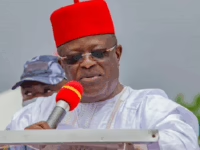


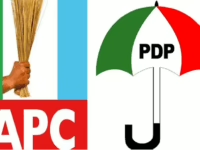
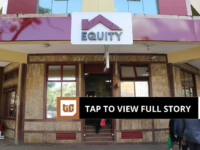

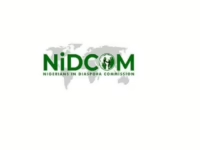

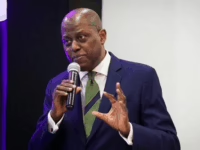
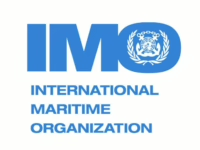
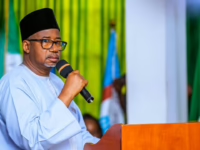
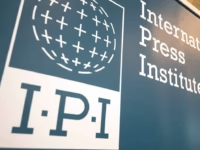





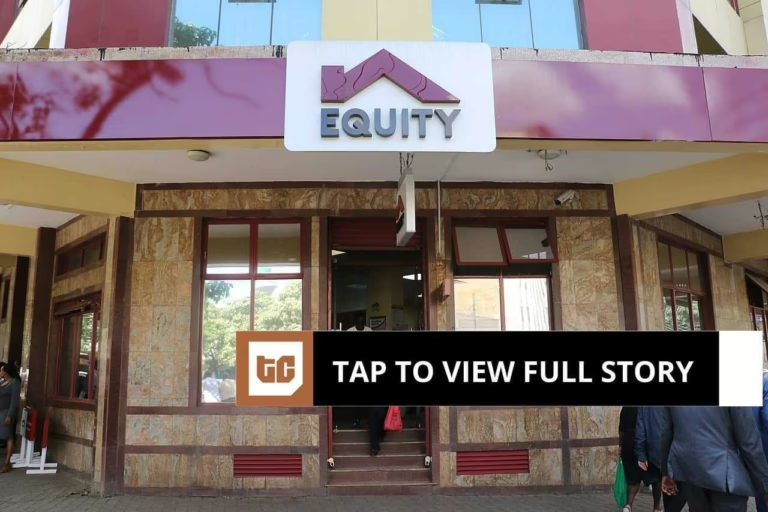







0 Comments